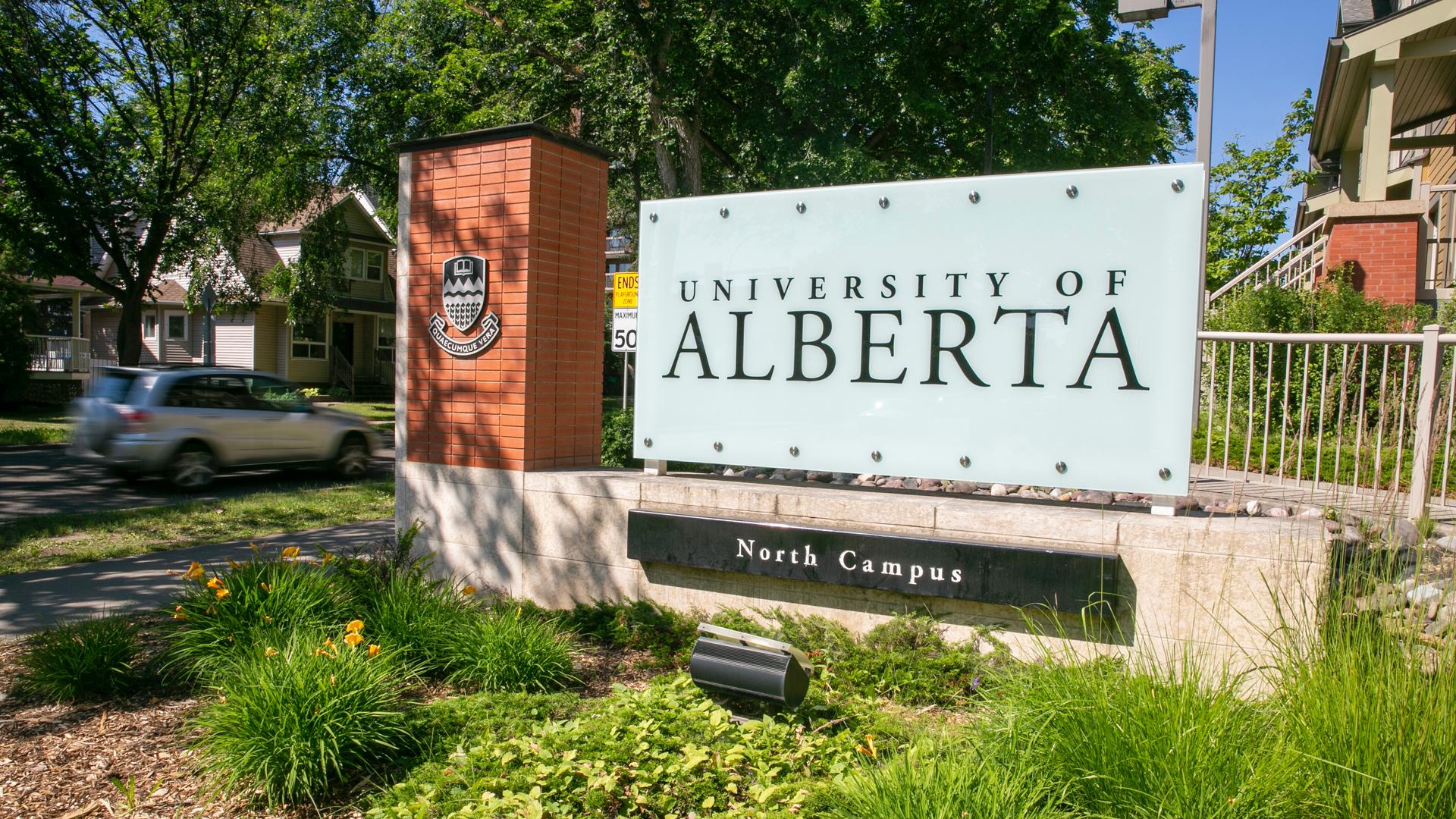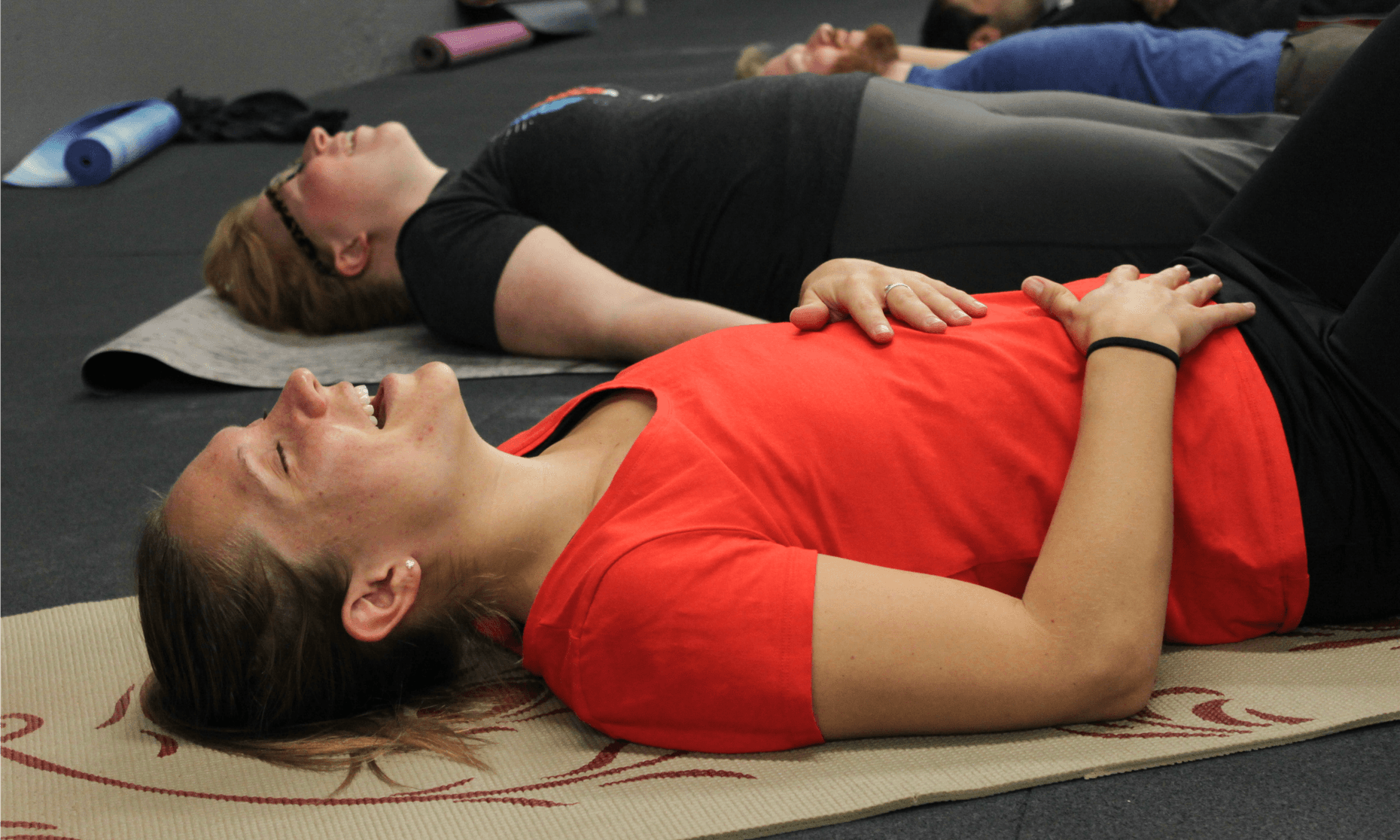Laughter
Why are some sounds funny?
To English speakers, the word, “peanut” isn’t especially funny. But “peanut” in Serbian, “kikiriki” is widely considered by Serbs to be the funniest word in their language. This raises the question of why people laugh at some words (“poop”) but not at others (“treadmill”). Does it come down to their meanings? Or are people responding to their sounds? Psycholinguist Chris Westbury set out to discover the answer.
Why we: a) laugh b) love TV c) have nightmares
There are good reasons to do all three things, explains a cognitive scientist, although the spurs to these actions can sometimes be silly. “It’s your mind thinking, I’ve seen zombies, I need to prepare for what’s going to happen when zombies start attacking me.”


